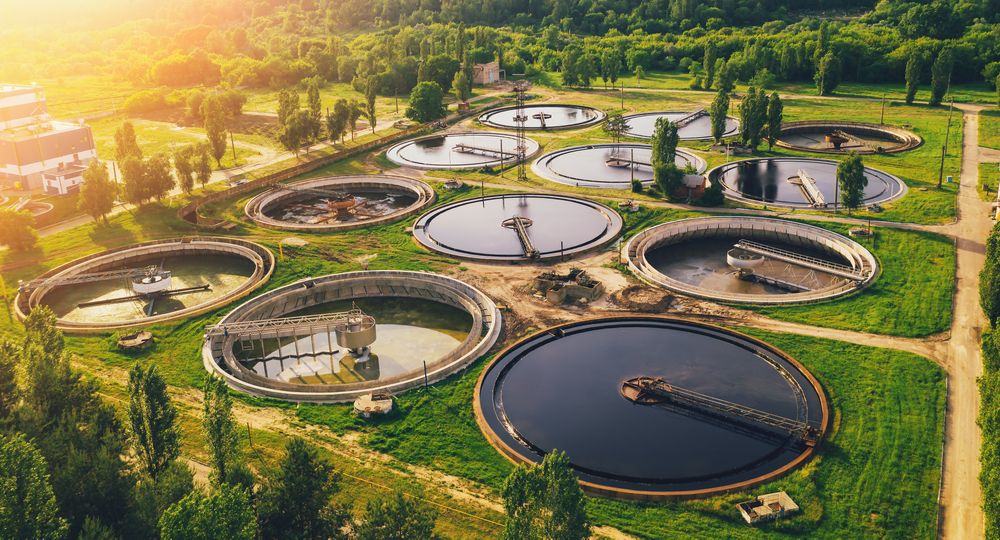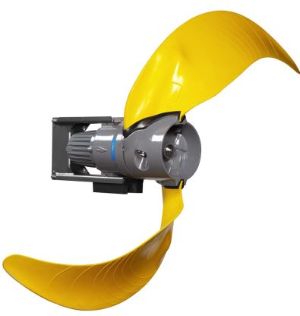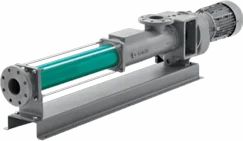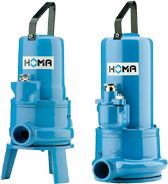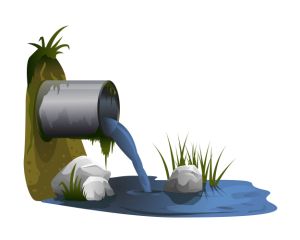Water treatment
Water treatment is the process by which water is purified and made suitable for various purposes. Various techniques are used for this, such as filtration, disinfection and membrane filtration.
Our customers rate us 8,6  based on 136 reviews
based on 136 reviews
why it matters and how it works
The essence of water treatment
Water treatment is an essential process to make water safe and clean for human consumption, industrial processes and agriculture. Untreated water can contain contaminants such as bacteria, viruses, metals and chemicals that are harmful to human and animal health.
There are different methods of water treatment depending on the source and purpose of the water. For example, in the treatment of drinking water, mechanical filters and chemical processes such as flocculation and disinfection are often used to remove contaminants. For industrial use, purified water is often used that is free of mineral deposits and harmful substances.
Another important application of water treatment is the reuse of waste water. By treating and purifying wastewater, it can be reused for irrigation, cooling or as process water in industry. This reduces pressure on scarce water resources and helps to close the water cycle.
Mixers and flowmakers and their role in water treatment
The indispensable role of pumps in water treatment
Pumps are indispensable in water treatment and play a vital role in moving water and increasing flow rate. Pumps are used in various water treatment applications, such as transporting water, pumping chemicals and mixing water and air.
In water treatment plants, pumps are used to pump waste water from the sewage systems to the treatment plant. Pumps are also used for the transport of clean water to consumers and companies. In addition, pumps play an important role in mixing chemicals in the water to disinfect and purify the water.
The role of pumps is also very important in industrial processes. In the food industry, for example, pumps are used for pumping liquid ingredients and transporting waste water. In the chemical industry, pumps are used to pump and mix chemicals.
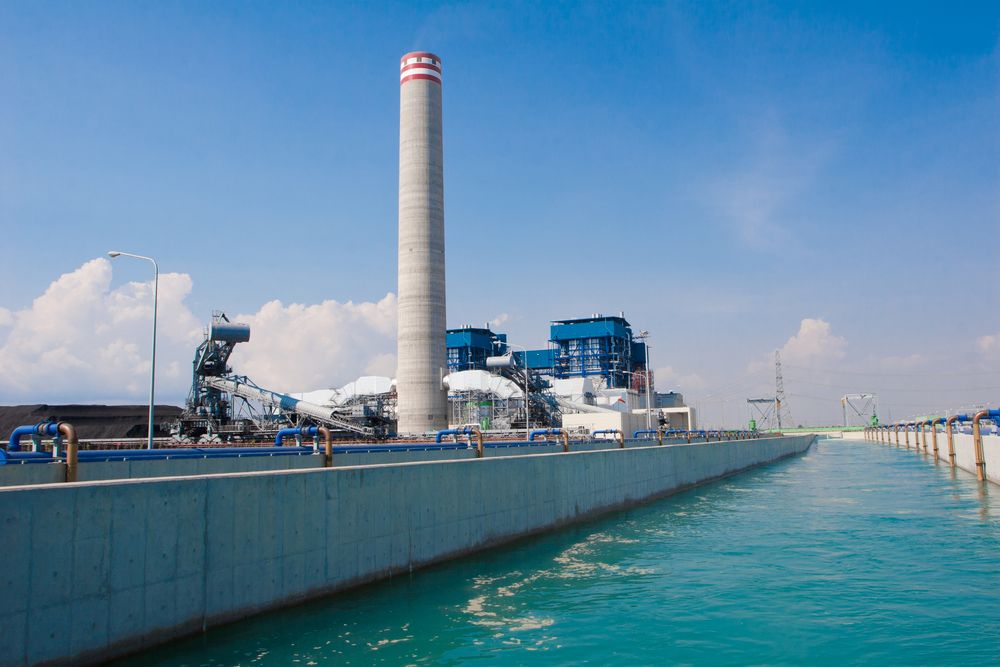
Our clients
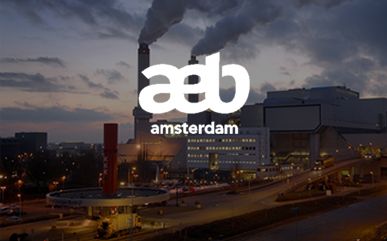
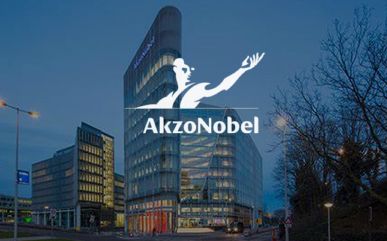
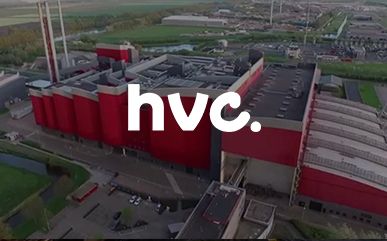

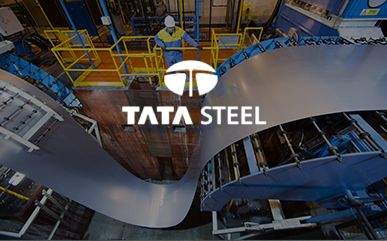
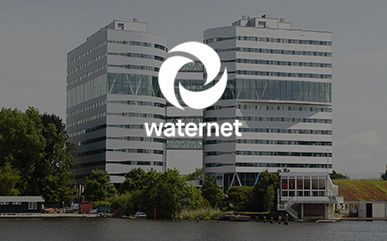

Without obligation
Contact us
Advice and sales
The best possible solution for your application
There are many different types of pumps and just as many applications, such as a submersible, circulation or well pump. Due to this diversity of pumps, it is wise to be well informed about what type of pump is required before you purchase one or have it overhauled. The IPG team with various pump experts can always advise you on the best possible solution for your application and can also support you with the purchase and installation of the pump.
IPG has strong relationships with various pump manufacturers and can therefore give you good advice in purchasing many types and brands of pumps. For example, the Industrial Pump Group is the Dutch importer of SAER and official dealer of Lowara, Grundfos and Seepex, among others.
Water treatment
Everything else you need to know
Water treatment is an essential step in the process of producing safe and clean drinking water. The process of water treatment includes several steps, such as filtration, sanitization and disinfection, to ensure that the water is safe for human consumption. Below you will find an overview of everything you need to know about water treatment.
- Why is water treatment important?
Water treatment is important because the water from natural sources can contain contaminants that can be harmful to health. Contaminants such as bacteria, viruses, chemicals and heavy metals can cause serious health problems.
- The different steps in water treatment
The steps in water treatment depend on the type of water to be treated, but in general the process includes the following steps: pre-treatment, coagulation, flocculation, sedimentation, filtration, disinfection and distribution.
- Types of water treatment
There are different types of water treatment, such as drinking water treatment, waste water treatment, process water treatment and cooling water treatment. Each type of treatment has its own specific purpose and requirements.
- Technologies used in water treatment
Water treatment uses various technologies, such as membrane filtration, reverse osmosis, ion exchange, activated carbon filtration and UV disinfection. The choice of technology depends on the type of water to be treated and the contaminants present in it.
- Water treatment in the future
Water treatment continues to evolve and more and more innovative technologies are being developed to improve the efficiency and quality of water treatment. This includes new developments in membrane technology, nanotechnology and advanced oxidation processes.
- The role of laws and regulations
Laws and regulations play an important role in ensuring the safety of drinking water and protecting the environment. Regulations ensure that water treatment companies adhere to standards and guidelines for water quality and emissions.
Let's look at your application together
